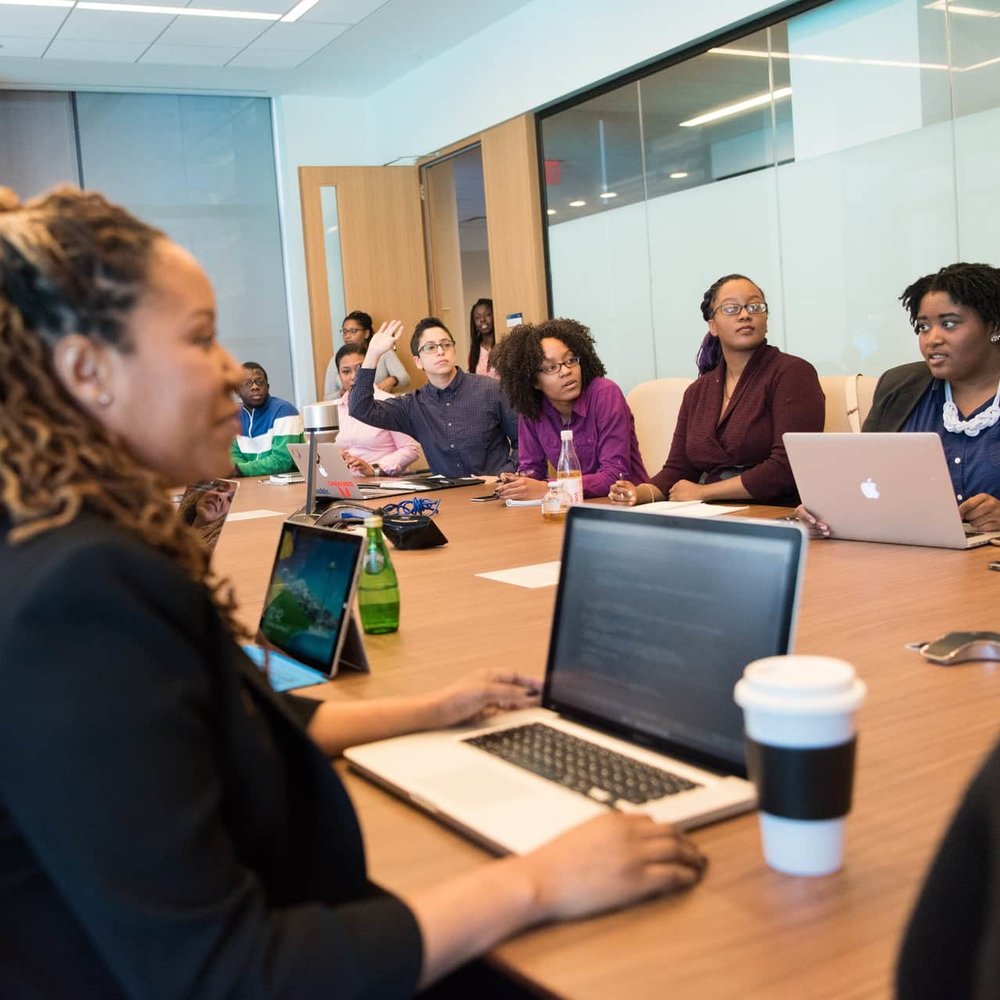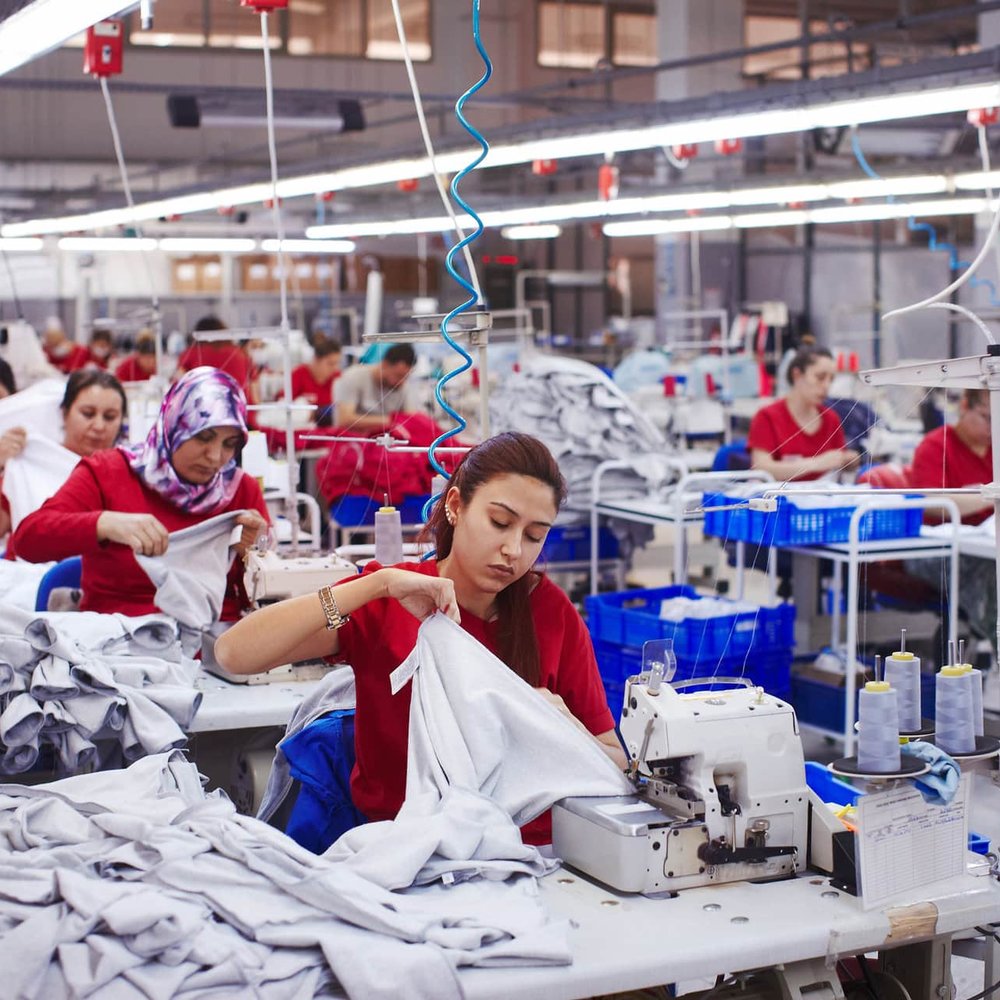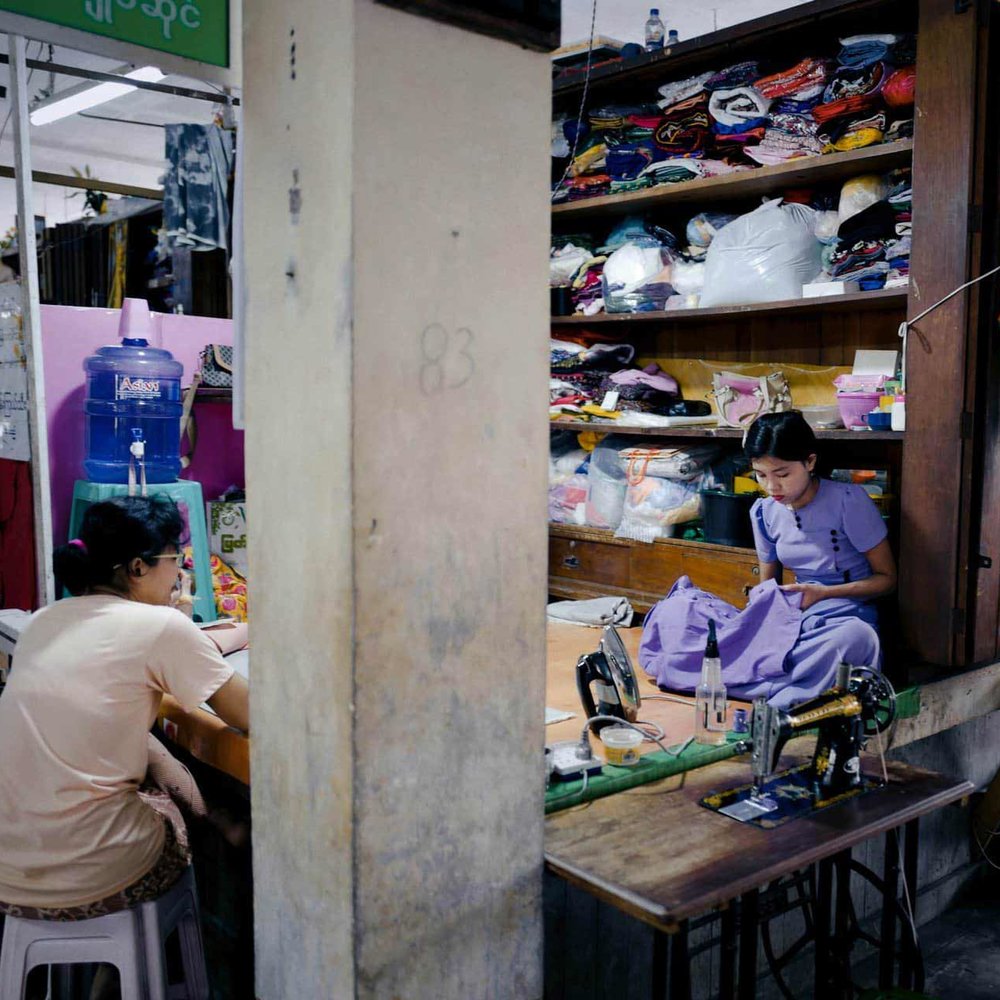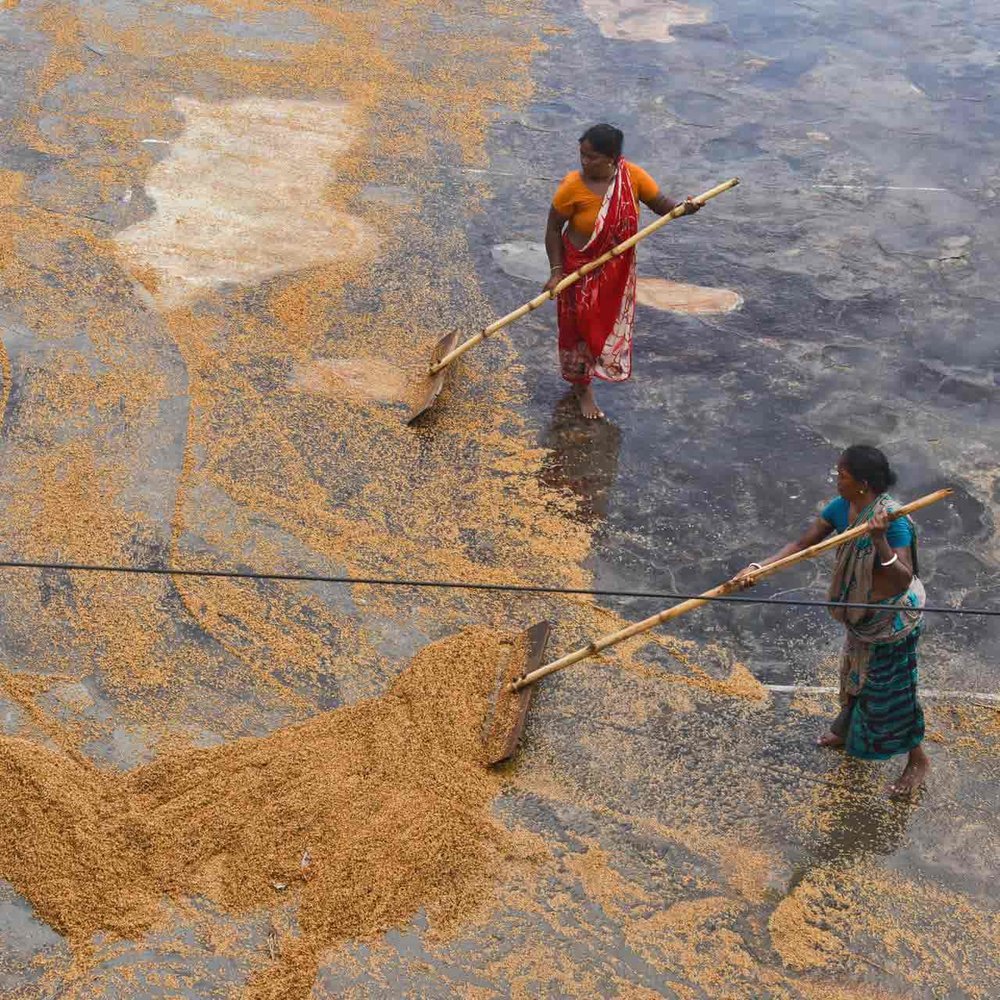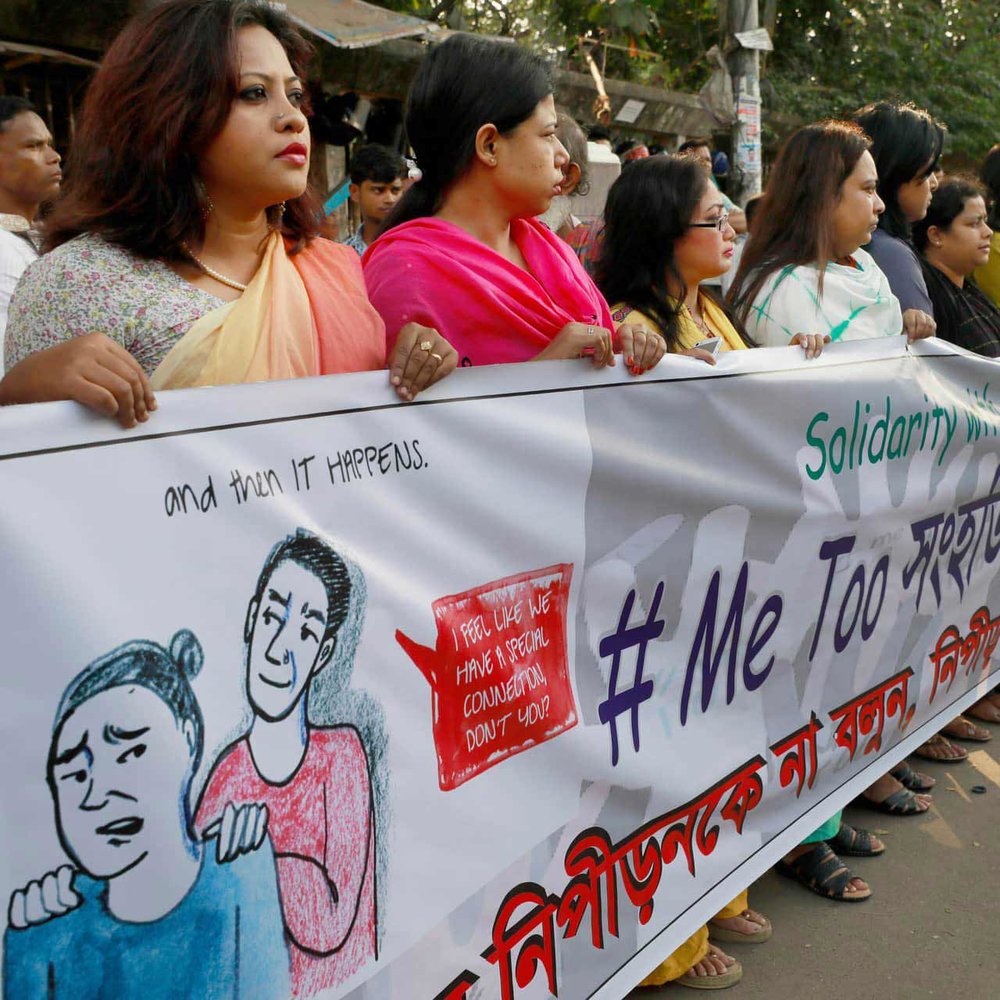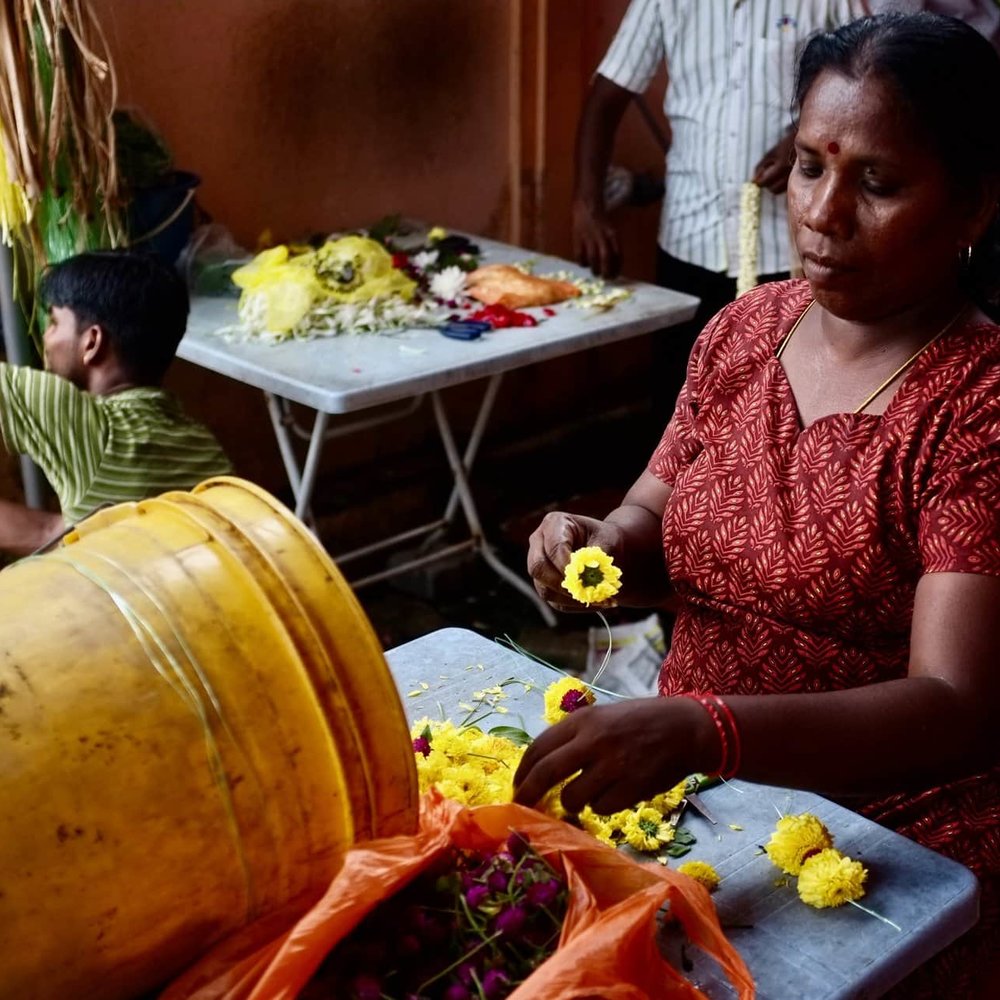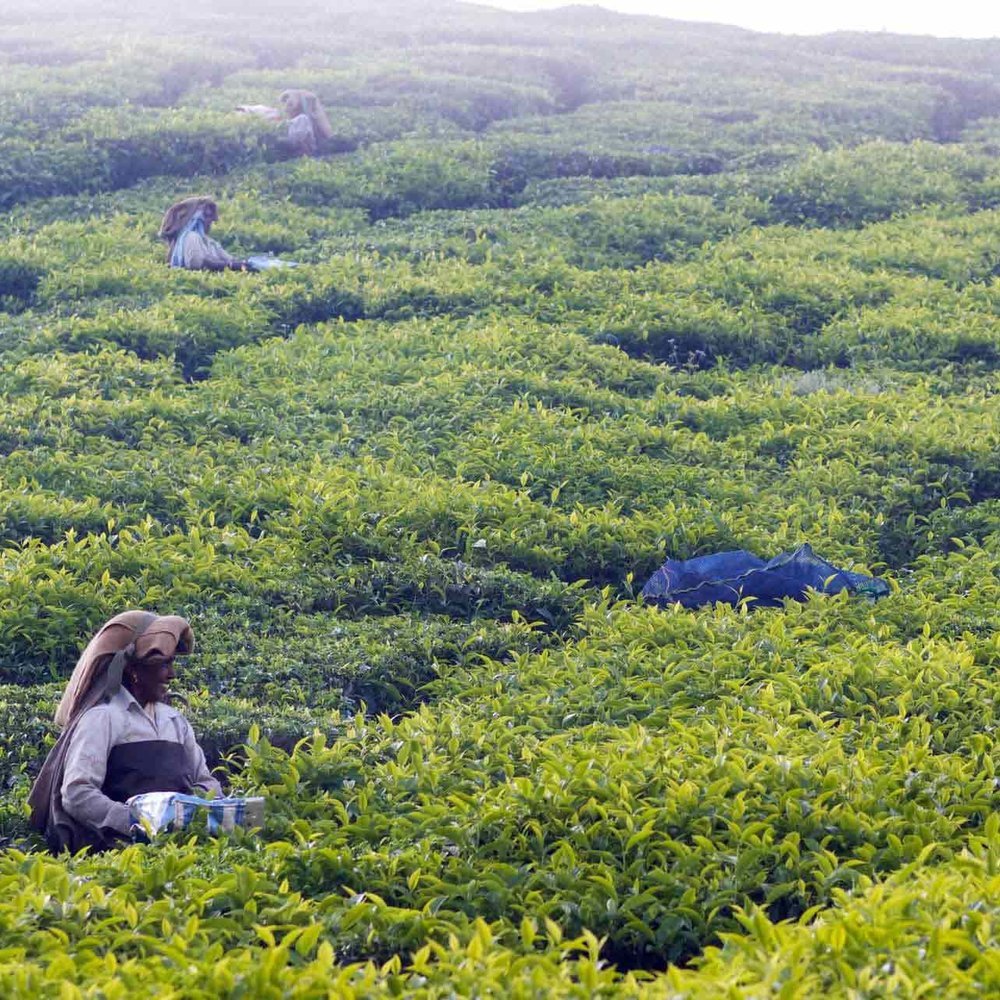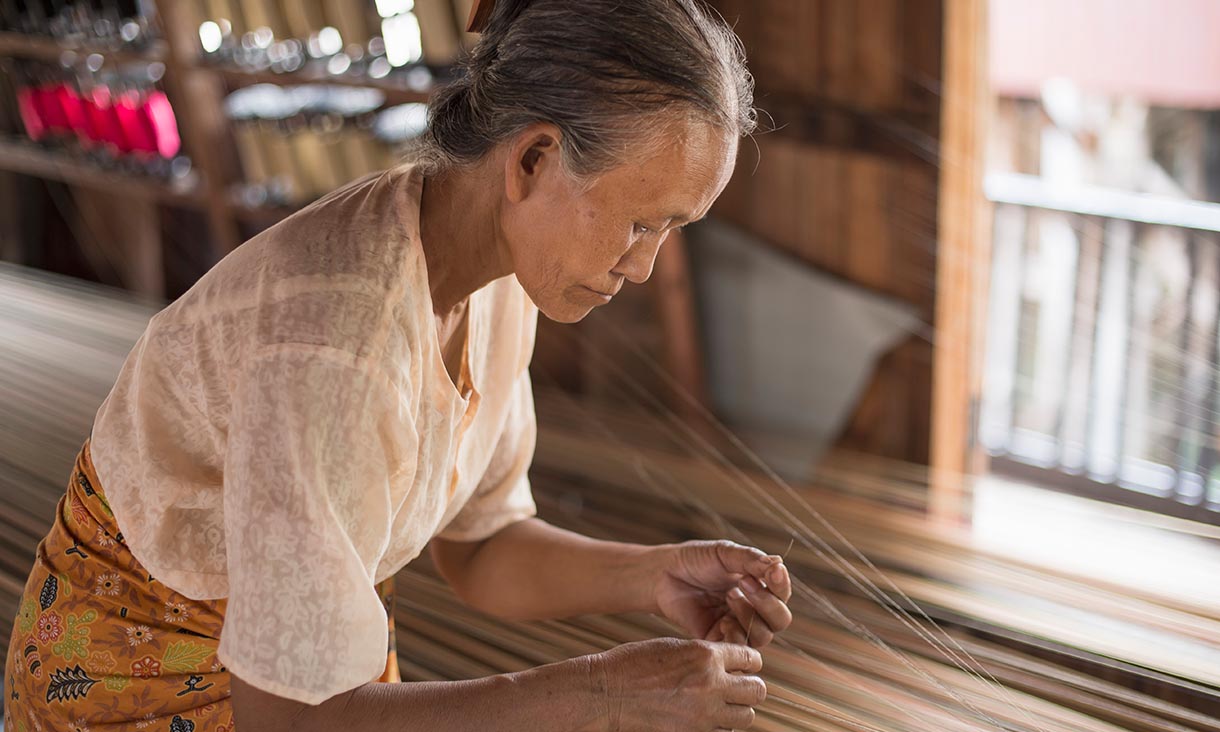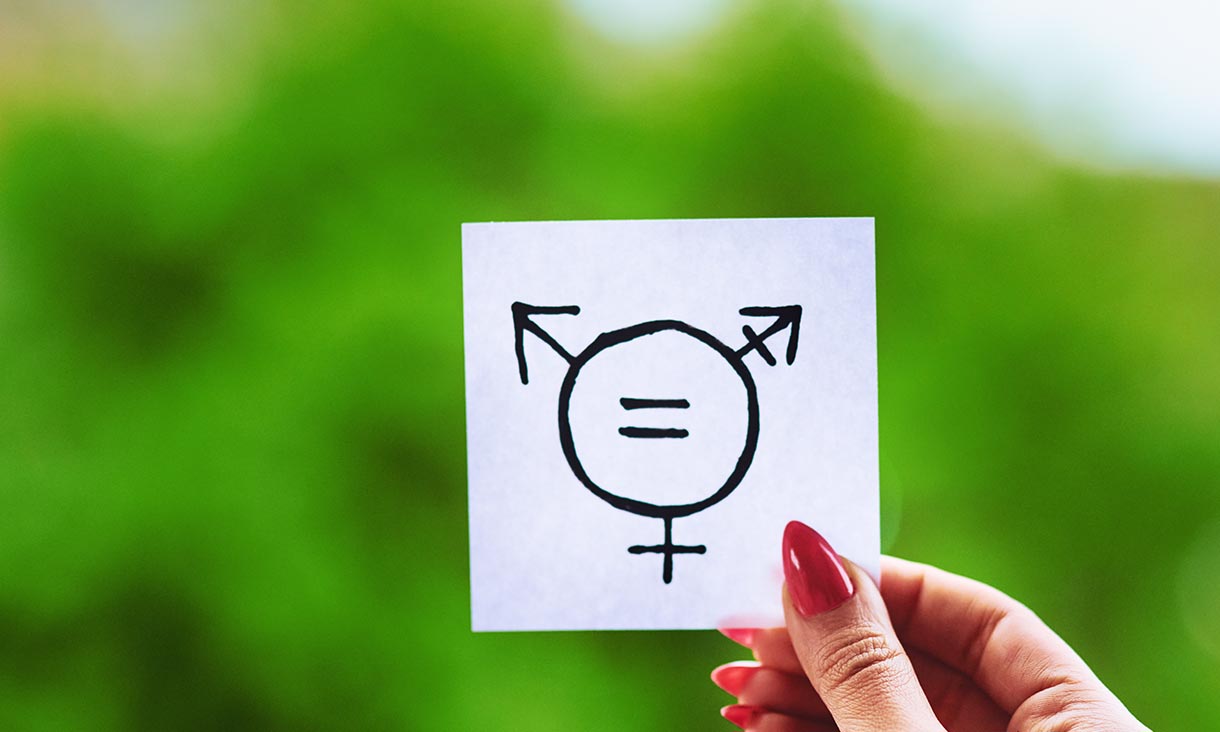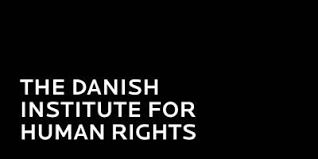The Gender theme promotes evidence-based approaches to advancing fairness and equality within the business and human rights agenda. Through interdisciplinary research, we examine how organisational structures shape gender and other inequalities and develop insights to inform more equitable practices globally.
We collaborate with researchers and practitioners across business, government, and civil society to assess and enhance the role of the business and human rights agenda in promoting gender equality and addressing intersecting forms of discrimination.
Our work contributes to advancing the gender, business, and human rights research field and to applying and critically engaging with the United Nations (2019) recommendations on the ‘Gender dimensions of the Guiding Principles on Business and Human Rights’.
The Gender theme connects with other BHRIGHT themes by raising questions and generating insights on issues such as the gendered dynamics of global supply chains, climate change, health, technology, and business operations in conflict-affected areas.
Theme leader
The Gender theme is led by Dr Melissa Wheeler.
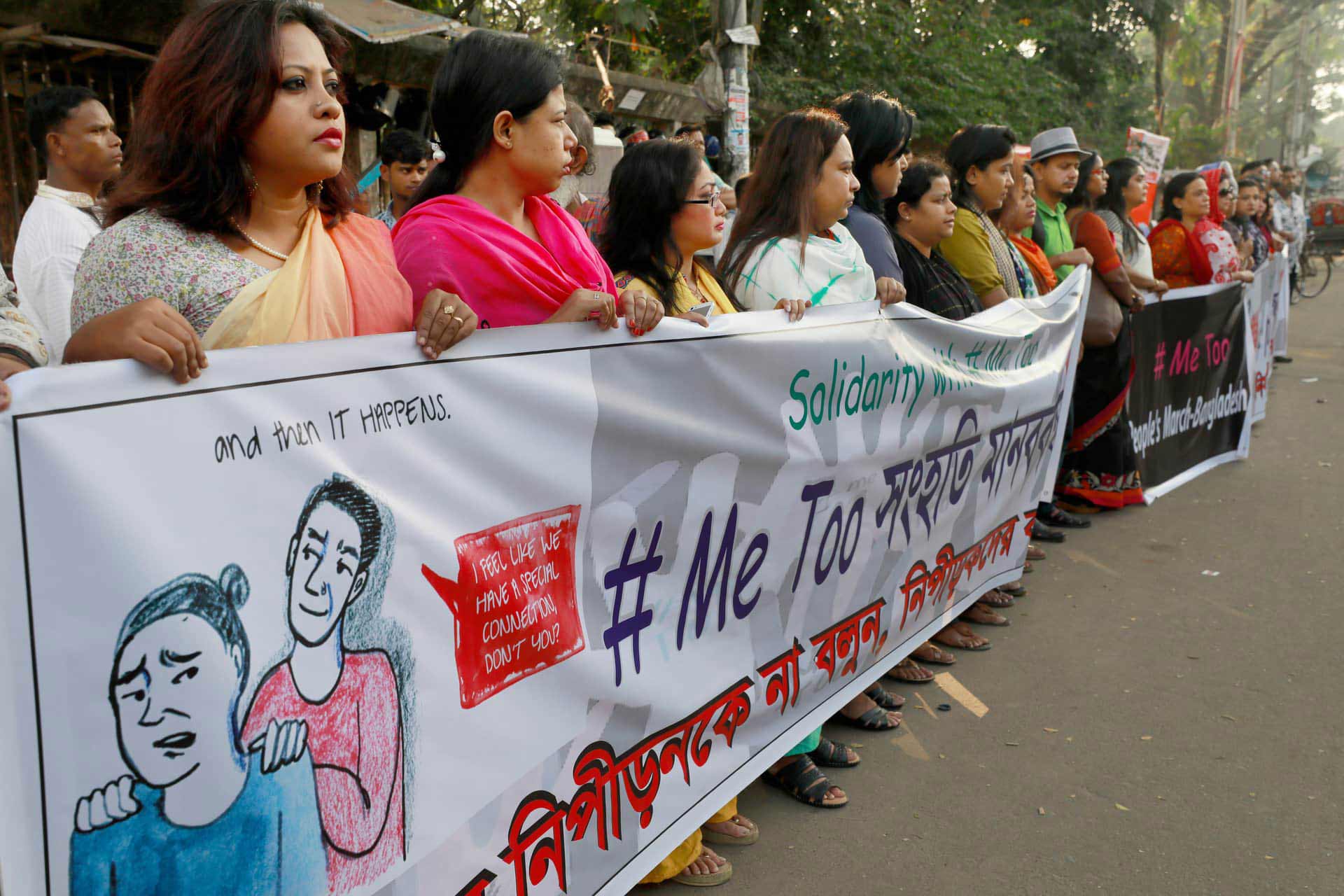
Gender, Business and Human Rights with Dr Kate Grosser
Dr Kate Grosser explains why gendered injustice worsening rather than improving
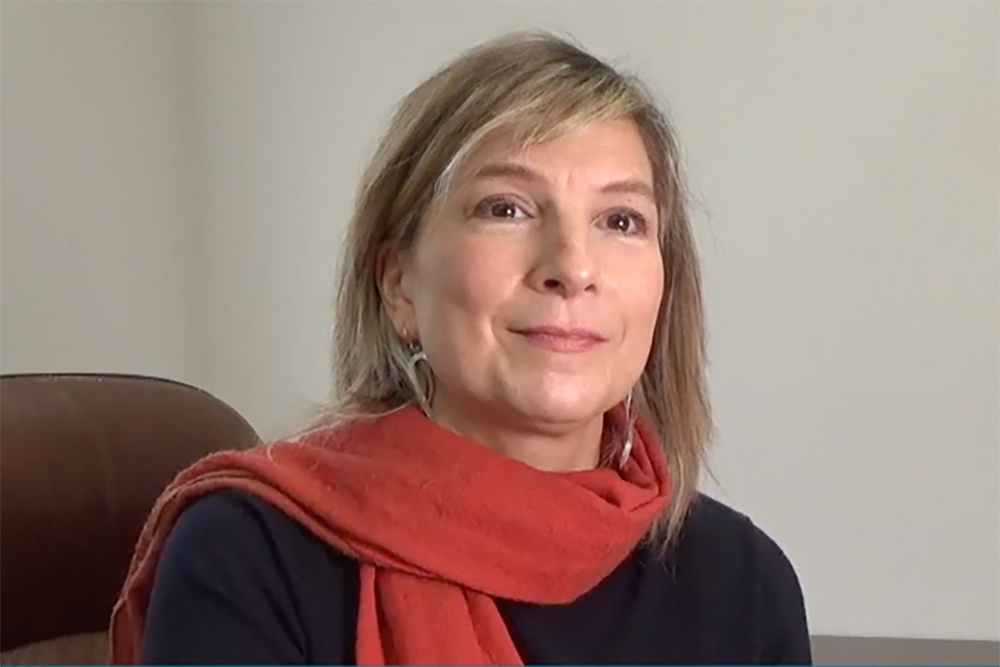
Why it helps companies to think of sexual harassment as a human rights issue
GBI Chair Andrea Shemberg discusses the advantages to companies of using a human rights lens to examine risks associated with sexual harassment.
Theme resources
- Hosen, N., Demsar, V., Ferraro, C., & Wheeler, M. A. (2025). Consumer Reactions to Sex Appeals in Influencer- vs. Brand-promoted Social Media Marketing Communications. Journal of Business Research, 199, 115511.
- Wheeler, M. A. & Govindasamy, L. S. (2024). Women in Medical Leadership: Has the COVID-19 Crisis Heightened the ‘Glass Cliff’? The Medical Journal of Australia, 220(7), 352-354.
- Sojo, V. E., Wheeler, M. A., & Ryan, M. K. (2023). Accelerating Gender and Sexuality Inclusion in Organisations: Introduction to the Special Issue and Academic Agenda. Australian Journal of Management, 48(4), 683-692.
- Thong, C., Wheeler, M. A., Mackelprang, J. L., Shafiei, M., Scheepers, H., & Kilborn, V. (2023). A tale of three associate professors: A grassroots approach to supporting women in higher education. Australian Journal of Management, 48(4), 769-779.
- Sojo, V. E., Ryan, M., Fine, C., Wheeler, M. A., McGrath, M. J., Glennie, M., Roberts, V., Arthur, L., Hadoux, R., & Western, K. (2022). What works, what’s fair? Using systematic reviews to build the evidence base on strategies to increase gender equality in the public sector. Melbourne, Australia: The University of Melbourne, The Australian National University, and Swinburne University of Technology.
- Grosser (2021), Gender, business and human rights: Academic activism as critical engagement in neoliberal times. Gender, Work and Organization, 28(4), 1624–1637.
- Grosser, K., and Tyler, M. (2021). Sexual harassment, sexual violence and CSR: Radical feminist theory and a human rights perspective. Journal of Business Ethics.
- Why Some Employees Have More Flexible Work Options Than Others
- Inspire Inclusion With These 3 Evocative Books About Women And Work
- Eliminating Barriers To Work-Life Balance For Working Parents
- Struggle and Resilience of Fashion Workers, Podcast from ANU Myanmar Update Conference, Sara Tödt
- Women workers in fashion supply chains are bearing the brunt of the economic consequences of the coronavirus pandemic. What can you do?, Sara Tödt and Annie Delaney (Acumen: CoBL Expert Opinion and Analysis Blog)
Projects
Affiliate research partners
Gender theme images
